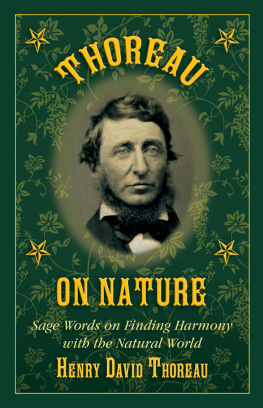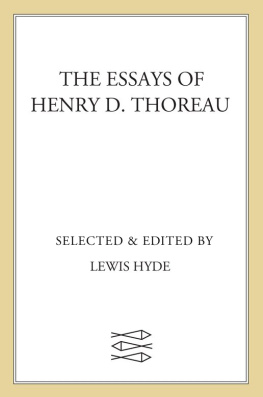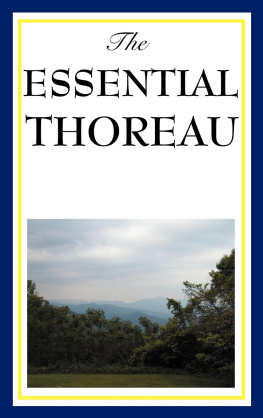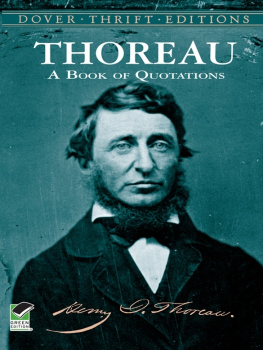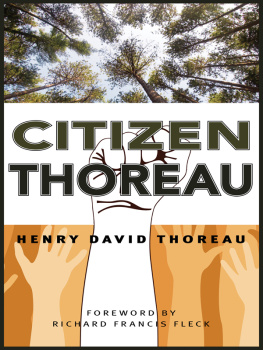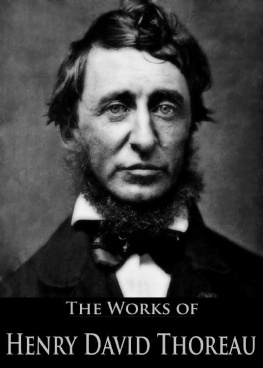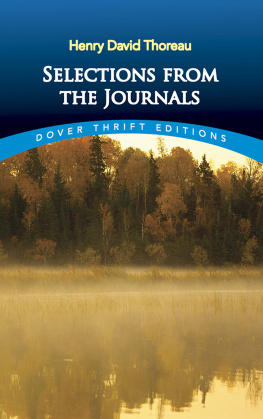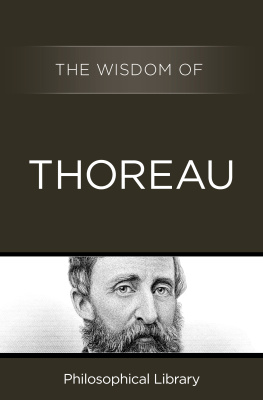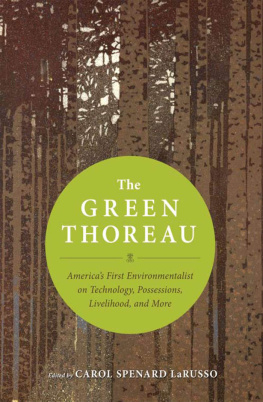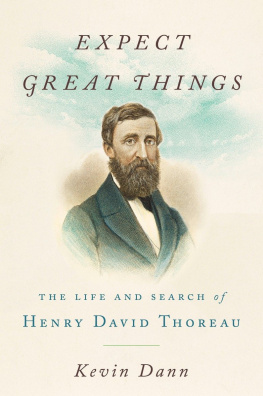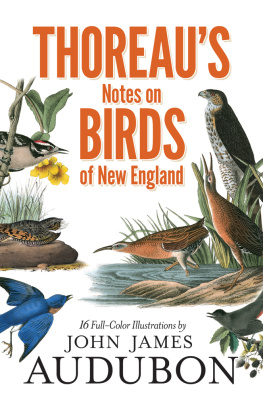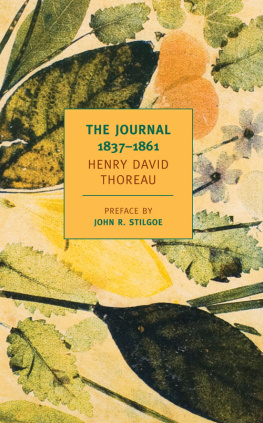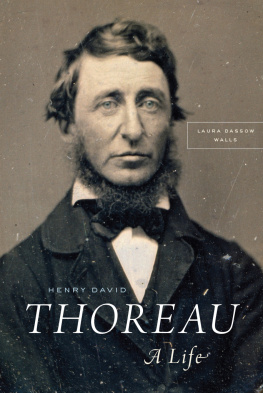Copyright 2015 by Skyhorse Publishing
Introductions 2015 by Nick Lyons
All rights reserved. No part of this book may be reproduced in any manner without the express written consent of the publisher, except in the case of brief excerpts in critical reviews or articles. All inquiries should be addressed to Skyhorse Publishing, 307 West 36th Street, 11th Floor, New York, NY 10018.
Skyhorse Publishing books may be purchased in bulk at special discounts for sales promotion, corporate gifts, fund-raising, or educational purposes. Special editions can also be created to specifications. For details, contact the Special Sales Department, Skyhorse Publishing, 307 West 36th Street, 11th Floor, New York, NY 10018 or .
Skyhorse and Skyhorse Publishing are registered trademarks of Skyhorse Publishing, Inc., a Delaware corporation.
Visit our website at www.skyhorsepublishing.com.
10 9 8 7 6 5 4 3 2 1
Library of Congress Cataloging-in-Publication Data is available on file.
Cover designer: Jane Sheppard
Print ISBN: 978-1-63450-461-4
Ebook ISBN: 978-1-63450-478-2
Printed in the United States of America
CONTENTS
I NTRODUCTION
A WORD FOR NATURE
I wish to speak a word for Nature, Thoreau begins his fine essay Walkingand adds, for absolute freedom and wildness. He did so, with passion and vision, in his important books, his essays and talks, and in the thousands of pages of journal entries that posthumously yielded a trove of brilliant unpublished prose.
Thoreaus ideas about our relationship with the natural world, written more than one hundred and fifty years ago, have never been more valuable to our lives than they are today. He never advises that we build a cabin in the woods and live alone, as he did for a time. But every word he wrote reminds us to make our lives and our understanding much closer to the natural world and to protect our environment whenever possible.
He is remembered today for his firm commitment to civil disobedience as a response to governments that his conscience told him were immoral in some central respect, and for his uncompromising stands against slavery, against Northern lassitude and compliance with the Fugitive Slave Law, and in defense of John Brown. But mostly we remember his lifelong devotionas one of its seminal advocates and most memorable spokesmento the natural world. In his two books, A Week on the Concord and Merrimack Rivers and his classic Walden and essays like Walking, he lived by his fierce belief that in wildness is the preservation of the world, a phrase that now stands as one of our most iconic conservation maxims.
Henry David Thoreau was born in Concord, Massachusetts, in 1817, and died in Concord in 1862 at the age of forty-four of tuberculosis. Franklin Sanborn described him as a little under size, with a huge Emersonian nose, bluish grey eyes, brown hair, and a ruddy weather beaten face, which reminds me of some shrewd and honest animalssome retired philosophical woodchuck or magnanimous fox.... He walks with a brisk, rustic air, and never seems tired. He trusted that his corner of the state contained all he needed to know and he explored it minutely, traveling only intermittently and for brief periods to Staten Island to tutor relatives of Emerson, to Eagleswood, New Jersey, where he met Walt Whitman, whom he admired greatly, and to Canada and Maine. Two or three hours walking, he said, will carry me to as strange a country as I expect ever to see. Early on, he was fortunate to meet his Concord neighbor: Ralph Waldo Emerson, fourteen years his senior, whose family Thoreau would live with as a caretaker for a time.
Much of Thoreaus vision had its roots in the Emersonian concept of self reliance and Transcendentalism, and his cabin at Walden Pond was actually built on land owned by Emerson. The two men remained friends until Thoreaus deaththough they quarreled at timesand Emersons eulogy and eventual essay on Thoreau is the best contemporary view we have of the man.
Like Wordsworth, who also influenced his thinking, Thoreau believed from an early age that getting and spending we lay waste our powers, and that consequently, Nothing we see in Nature that is ours. He deplored the despoilers of naturethose who destroyed land, forests, or fauna for profit, like the gold-miners who left the world cut up with foul pits, but also those who diminished their own vital life by commerce. All trade, for him, led down. He had distinguished himself only modestly at Harvard and after graduating he taught school briefly, founded (with his older brother John) a short-lived school of their own, worked sporadically in his fathers pencil factory, surveyed land, provided specimens to Harvard, became a skilled woodworker. In Emersons words, he also showed a natural skill for mensuration, or measuring distances, depths of ponds and rivers, and the heights of mountains.
His philosophy, so vibrantly stated in Walden , was that a man is rich in proportion to the number of things he can afford to leave alone. Simplify, simplify, simplify, he said. Let your affairs be as two or three, and not a hundred or a thousand. Thoreau lived this to the extreme. Emerson recalled that few lives contain so many renunciations. He was bred to no profession; he lived alone; he never went to church; he never voted; he refused to pay a tax to the State; he ate no flesh, drank no wine, he never knew the use of tobacco; and, though a naturalist, used neither trap nor gun. Thoreau needed little enough to sustain him. He once said, I have a faint recollection of pleasure derived from smoking dried lily-stems, and had never smoked anything more noxious. A crowded life drew people away from the natural world and Thoreau judged the failures of a life by the degree to which it departed from the ways of Nature.
By 1845, when Thoreau went to build himself a cabin and live mostly at Walden Pond, he was prepared to write his remarkable second chapter in Walden, Where I Lived and What I Lived For. It presents the clearest exposition of the principles that animated his sojourn to the pondand his lifeand is worth quoting at length. I went to the woods because I wished to live deliberately, to front only the essential facts of life, and see if I could not learn what it had to teach, and not, when I came to die, discover that I had not lived. I did not wish to live what was not life, living is so dear; nor did I wish to practise resignation, unless it was quite necessary. I wanted to live deep and suck out all the marrow of life, to live so sturdily and Spartan-like as to put to rout all that was not life, to cut a broad swath and shave close, to drive life into a corner, and reduce it to its lowest terms, and, if it proved to be mean, why then to get the whole and genuine meanness of it, and publish its meanness to the world; or if it were sublime, to know it by experience, and be able to give a true account of it in my next excursion.
He did not succeed, in the worlds terms, during his lifetime. He paid for the publication of A Week on the Concord and Merrimack Rivers and after only about three hundred copies sold, the publisher sent him the remaining seven hundred, which led Thoreau to quip that he had a library of one thousand books, seven hundred of which he had written himself. Even Walden sold a scant two thousand copies. But his diamond-sharp prose cast a pure light that shines brighter now than ever, one that the world, faced with such threats as climate change, fracking, and the extinction of more and more species and wilderness, needs sorely. His concept of non-violent protest inspired Gandhi and Martin Luther King, Jr., and thousands of others. John Muir, John Burroughs, the Sierra Club, Edward Abbey, Bill McKibben, Edward Hoagland, John Graves (especially in Goodbye to a River ), and others have followed his light and have advanced our love and understanding of the beauty and power of Nature.

